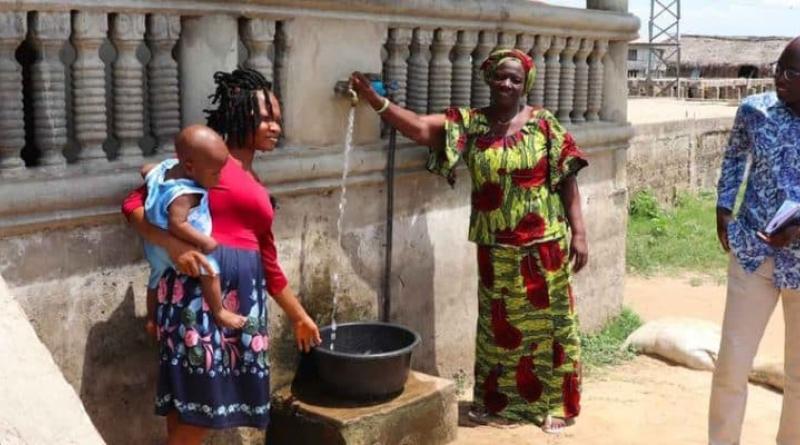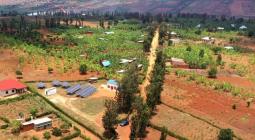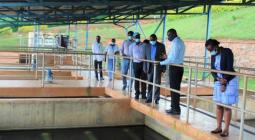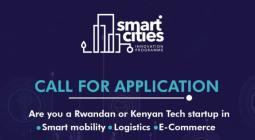RWANDA: AfDB grants $250 million to modernize Kigali’s drinking water network

In Rwanda, the African Development Bank (AfDB) is approving loans of around $250 million to support the supply of drinking water and sanitation in the capital Kigali and surrounding towns. These loans will notably finance the modernization of the Nzove 1 drinking water plant.
The Sustainable Water Supply and Sanitation for Transformation Program can begin. The African Development Bank (AfDB) approved the financing request from the government of Rwanda on December 1, 2023 in Abidjan, Côte d'Ivoire. The East African country will receive exactly $249.5 million, split between a $199.5 million loan from the Pan-African Financial Institution, and $50 million provided by the Africa Growing Together Fund ( AGTF), a co-financing fund created by the ADB and the People's Bank of China (PBC).
Phase I of the Program is expected to begin in January 2024. The implementing agencies namely the Water and Sanitation Corporation (Wasac) and the Energy, Water and Sanitation Authority (Ewasa ) will use the financing granted by the AfDB to launch rehabilitation work on the Nzove1 drinking water plant, located not far from the Rwandan capital Kigali.
Securing access to drinking water for nearly 1.5 million people
The rehabilitation of the Nzove 1 water treatment plant, built in 2008, will bring the plant's water production back to its nominal capacity of 40,000 m3 per day, compared to 13,000 m3 per day currently. This will improve the supply of drinking water for an additional 227,000 people.
The $249.5 million package will also allow Rwanda to build new drinking water networks in Nyaruguru-Huye-Gisagara, Mwange, Muhazi, Mugesera and Kivu Belt. “For example, the Nyaruguru-Huye-Gisagara drinking water supply network (AEP), whose water comes from the Akanyaru River in the Nyaruguru district, will allow supply drinking water to the secondary town of Huye and the districts of Nyaruguru and Gisagara, in order to meet the current water demand of 30,316 m3 per day , which is expected to reach 37,544 m3 per day by 2050, and serve 1,248,902 people” , indicates the ADB.
The construction of 80 inclusive sanitation facilities
At the same time, Wasac and Ewasa will build around 80 inclusive and climate-resilient public and community latrines in public schools, markets and health centers. Sanitation promotion centers and on-site treatment in public health facilities also established.
The aim is to reduce the shortage of wastewater treatment infrastructure, providing households with more opportunities to access improved sanitation services through the city-wide inclusive sanitation approach by December 2029, date of completion of the work and commissioning of all the installations. The Government of Rwanda will contribute $24.7 million to the Sustainable Water Supply and Sanitation for Transformation Program.





